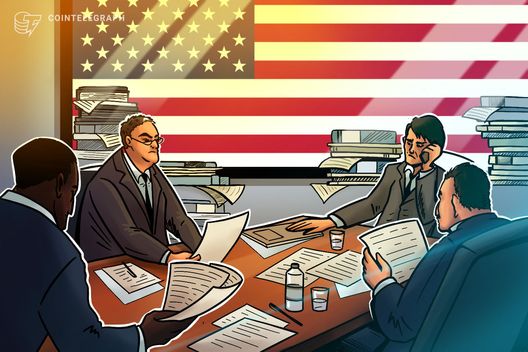The United States is unlikely to establish a strategic Bitcoin reserve until international pressure forces its hand, according to cryptocurrency entrepreneur Mike Alfred. This prediction suggests a potential game of economic chess among world powers, where no nation wants to be first but none can afford to be last in adopting Bitcoin as a reserve asset.
In a candid assessment of America's approach to Bitcoin adoption at the national level, prominent crypto entrepreneur Mike Alfred has argued that the United States will not proactively establish a strategic Bitcoin reserve. Instead, the government will wait until "enough pressure externally" from other countries forces Washington's hand.
This prediction paints a picture of cautious incrementalism rather than bold leadership on the cryptocurrency front, despite ongoing discussions in Congress and among policymakers about the merits of adding Bitcoin to the nation's reserve assets. Alfred's comments suggest that risk aversion and political hesitancy may override the potential first-mover advantages of early Bitcoin adoption.
The concept of a US strategic Bitcoin reserve has gained traction in recent years, with various proposals circulating in policy circles. Proponents argue that holding Bitcoin could hedge against inflation, diversify national reserves beyond traditional assets like gold and foreign currencies, and position America at the forefront of the digital asset revolution. However, concerns about volatility, regulatory uncertainty, and the political optics of endorsing cryptocurrency have seemingly stalled concrete action.
Alfred's observation highlights an emerging geopolitical dynamic: a potential prisoner's dilemma where nations recognize Bitcoin's strategic value but fear being the first to commit significant resources. Countries may be waiting to see which government moves first, hoping to learn from early adopters while avoiding the risks of pioneering an untested strategy.
Several nations have already begun accumulating Bitcoin, though mostly through asset seizures rather than deliberate purchases. El Salvador remains the most prominent example of a country actively building Bitcoin reserves through direct acquisition, though its small economy limits global impact.
The irony of Alfred's prediction is that if accurate, it could create a self-fulfilling cycle of hesitation. If the world's largest economy waits for others to move first, and those nations are similarly waiting for American leadership, the result could be prolonged inaction despite growing recognition of Bitcoin's potential role in sovereign wealth management.
For now, it appears the race to establish national Bitcoin reserves may be more of a waiting game, with countries watching each other closely before making their moves.
